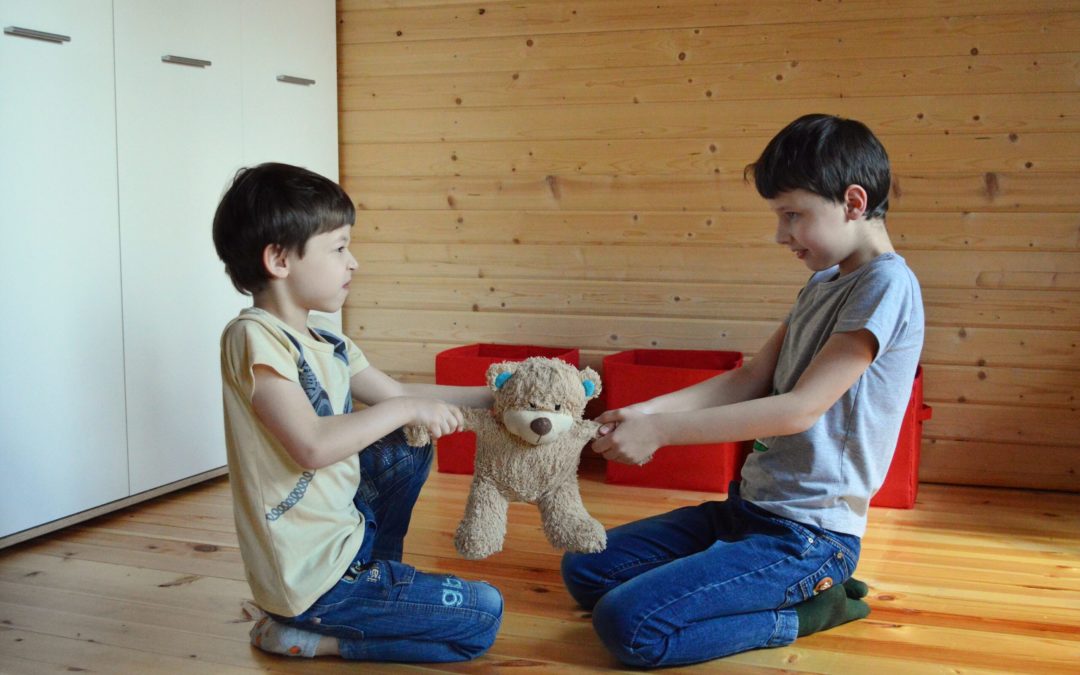In December 2020 a wild story began to circulate among estate planning attorneys. The tale told of a friend’s father who had buried $50K in the backyard, intending to pass the money onto his yet unbegotten grandchildren. When the father passed away, his two sons each received half of his assets, and the $50K remained buried to be unearthed by the next generation. Now, as the story goes, the time for digging has come but there’s a complication: only one of the two sons had children and the other doesn’t think it is fair that he loses his cut just because he didn’t have children.
There’s more, though. The brother with children is a careful saver and has accumulated a modest but respectable nest egg. The other is an impulse spender who is tens of thousands of dollars in debt (of course he is—every good story needs a villain, after all). Naturally, the childless brother wants his cut for himself while the other, more responsible sibling wishes to uphold their father’s wishes and see the money end up with the grandkids (his kids).
Whether you believe any of this or suspect that it might just be a little too good of a story to be true doesn’t change the fact that it presents an interesting conundrum: What’s the fair thing to do? The answer is itself a sort of tale, this time of the cautionary variety.
Legally, if the money was not accounted for in the father’s will, it should be split between his two direct descendants—the brothers. After all, according to law, the father cannot allocate money to his grandchildren without a will no matter what he may have said when putting that $50K underground. If you were one of those grandkids you’d no doubt think that sounds pretty unfair and, frankly, you wouldn’t be wrong. The ethical thing to do, after all, is to honor the old man’s last wishes. Unfortunately, arguments based on ethical convictions alone rarely stand up in court and that is where this case is headed—assuming someone wise to the buried treasure didn’t already get there and make all the drama a moot point.
Probate court is not the best place to settle cases of undeclared assets and yet it is the only place. When you die, assets not included in your will get distributed based on your state’s individual laws of descent and distribution. As the story above illustrates, rarely does justice under the law align with justice under each family member’s subjective criteria. The best way to avoid the conflict that inevitably erupts from this disjunct is to not bury your assets in the garden but take them to an experienced estate planning attorney who can introduce you to legal instruments that ensure your money ends up in the hands of those you intend (instead of in those of some midnight marauder with a shovel).
While instituting an estate plan might lack the charm of a treasure hunt, it also lacks the potential to incite bitter family conflict and that, itself, is its own kind of charm. If you must get creative with your inheritance, an estate plan can account for that, too—it might just be that tools a little bit more refined than the backyard variety are required, is all.
Contact Attorney James M. Miskell



Recent Comments